Tony Sheridan holds the accolade of having sung on The Beatles’ first commercially released music and remains the only non-Beatle to appear as lead singer on a Beatles recording which charted as a single.
The Beatles first met Tony during their earliest trip to Hamburg trip in 1960 at the Kaiserkeller Club, although they didn’t perform together. However when the Fab Four returned to the city in 1961, they began to form a relationship with Tony and his band, and The Beatles would occasionally alternate in for them.
Not only did The Beatles support Tony on stage – they also all lived together for a short stint. During this time Paul, John and George learned so much they began to refer to Tony as ‘Teacher’.
As time went on, The Beatles would play backing for Tony. This is how they came to the attention of German bandleader and producer Bert Kaempfert, who worked for the Polydor label and recommended them for a recording session.
Early Life & Hamburg
Born in Norwich, UK and inspired by his parents’ love of classical music, Tony learned to play the violin as a child but later shifted to the guitar following the rise in popularity of skiffle & rock ‘n’ roll music.
He soon found himself playing in London’s ‘Two I’s’ club and in 1958, aged 18 he appeared on popular UK TV show Oh Boy! On this show, Tony became the first young rock musician ever to be allowed to play live electric guitar on British TV.
In June 1960, Tony and the Jets (a make-shift group from Soho, London) went to Hamburg, appearing at the Kaiserkeller. Shortly after, Tony moved to the Top Ten Cub on Hamburg’s Reeperbahn. Here he was accompanied by various other musicians- like Liverpool group Gerry & the Pacemakers.
My Bonnie
Following one Hamburg performance, a friend of orchestral leader Bert Kaempfert – also an agent for the Polydor label – recommended Tony and The Beatles for a recording session and they taped several tracks for Polydor.
The sessions took place on 22–23 June 1961 on a stage at Hamburg’s Friedrich-Ebert-Halle school, and on 24 June 1961 at Studio Rahlstedt. The Beatles’ fee was 300 Deutschmarks.
A number of songs were recorded, including ‘My Bonnie’, which Polydor chose to release as a single in Germany. The b-side was ‘The Saints’, a beat version of When The Saints Go Marching In.
The single, credited to Tony Sheridan and The Beat Brothers, was released in October 1961, and reached number five in the German charts.
Once The Beatles returned to the UK, Ringo Starr- then not part of The Beatles- joined Tony’s band in Hamburg. Here Ringo, like The Beatles, gained huge amounts experience of playing live in front of an audience.
Later life
Tony continued to record several albums for Polydor in Hamburg with many groups, but the most popular recording was Skinny Minny with the Big Six from Glasgow.
Tony went on to tour Australia in 1964, thanks to the popularity of his song Why, which was currently in the Australian charts.
It was in Sydney that he visited the family of his saxophonist, Alex Young. The younger Young brothers asked Tony to demonstrate his guitar playing, which he was pleased to do – they later became AC/DC!
After seven years in Germany, as well as tours throughout Europe, Tony accepted an offer to play for the U.S. troops in Vietnam. The initial gig was for two months – but he stayed for nearly two years. It was during this period that his interest in Buddhism was awakened.
Tony continued to work in music and even ventured into film, where he appeared in a crime thriller which proved popular with its German audience.
He lived with his wife Anna in Schleswig-Holstein in the north of Germany but still visited Liverpool for appearances at International Beatleweek. Tony died on 16 February 2013 in Hamburg.
More in this series
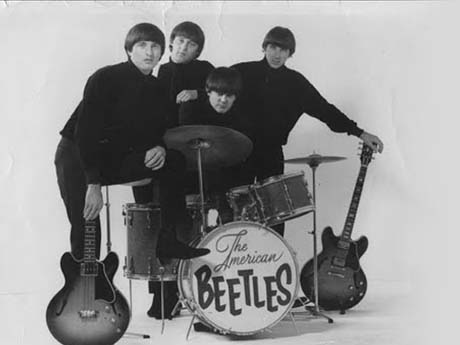
Becoming The Beatles: The Fake Fab Four
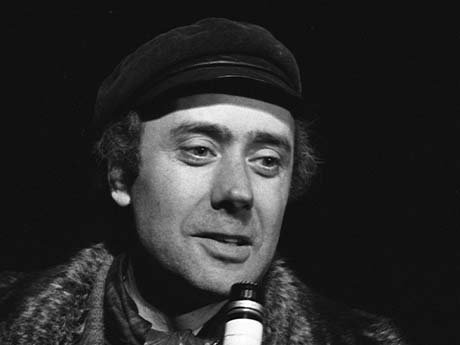
Becoming The Beatles: Victor Spinetti
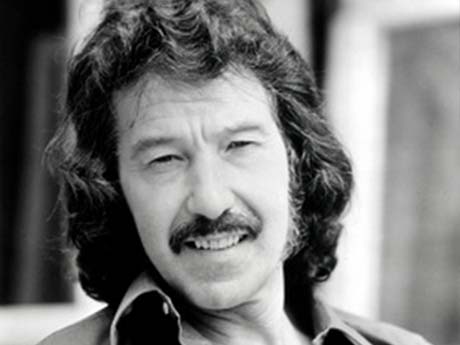
Becoming The Beatles: Norman Smith
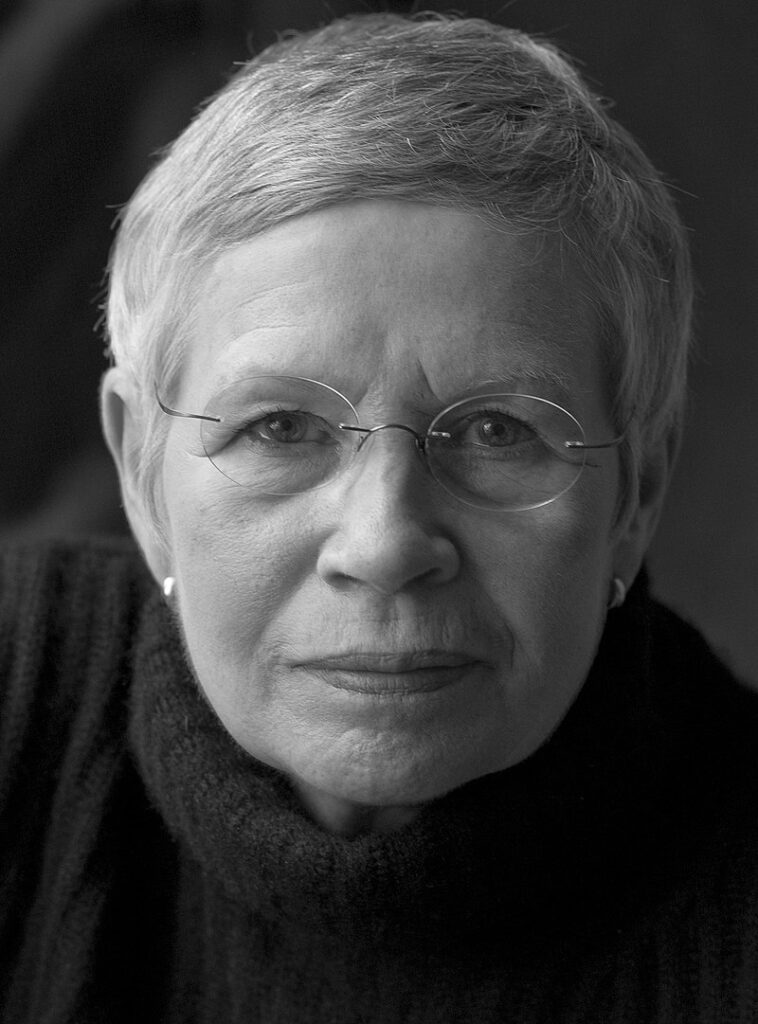
Becoming The Beatles: Astrid Kirchherr
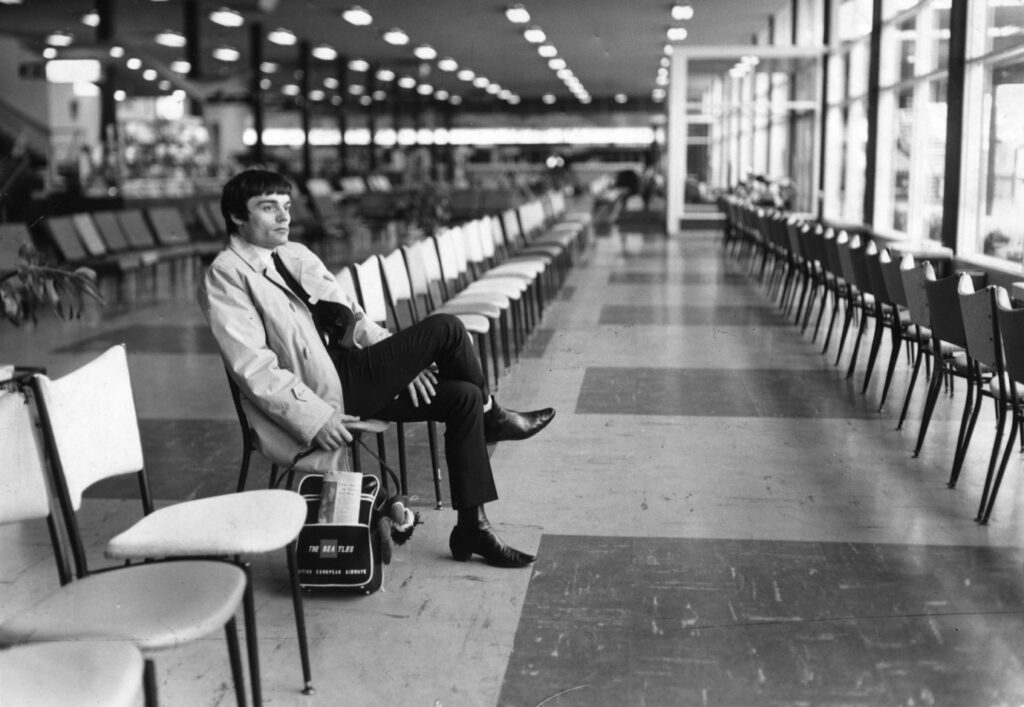
Becoming The Beatles: Jimmie Nicol
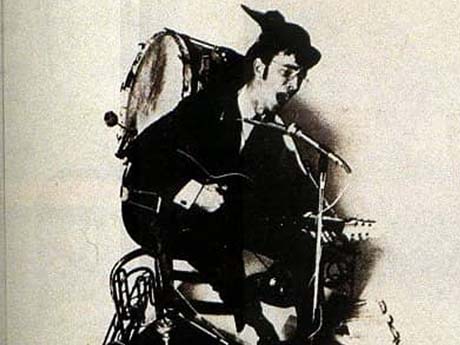
Becoming The Beatles: Alistair Taylor
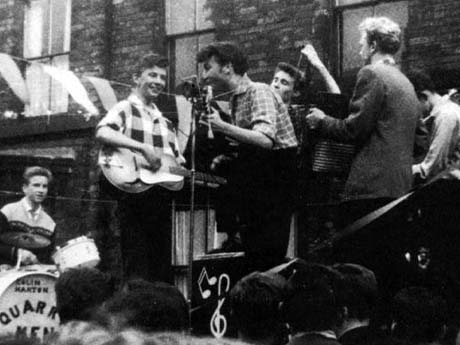
Becoming The Beatles: Charlie Roberts
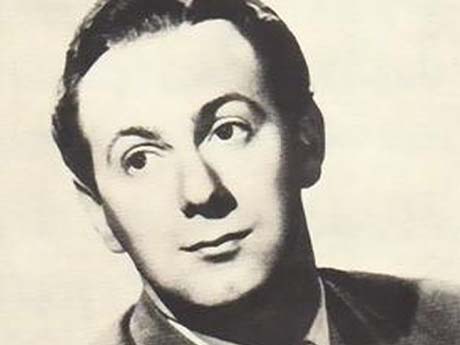
Becoming The Beatles: Dick James
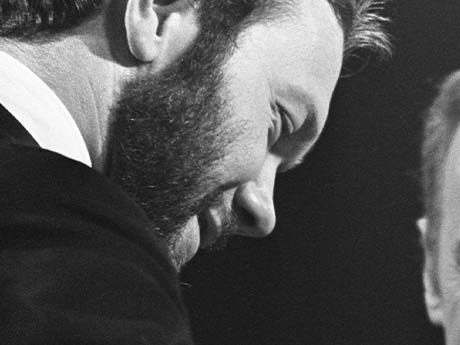
Becoming The Beatles: Pete Brown
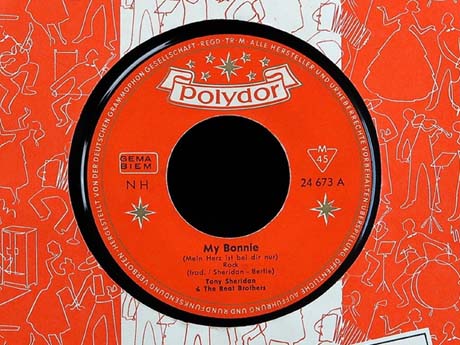
Becoming The Beatles: Raymond Jones